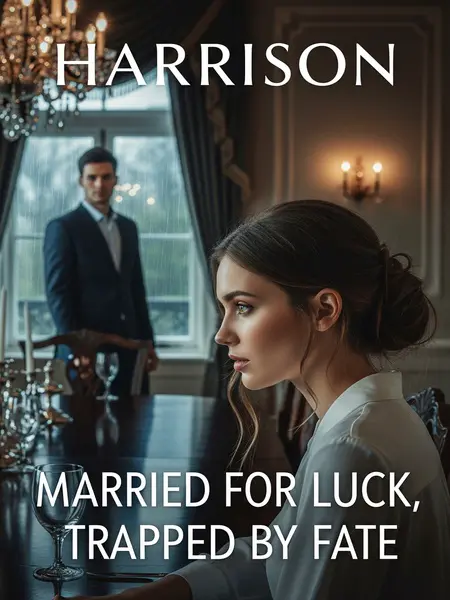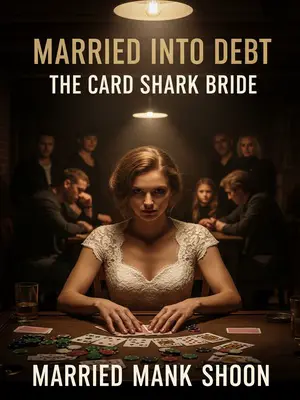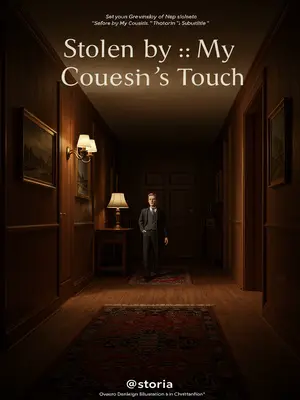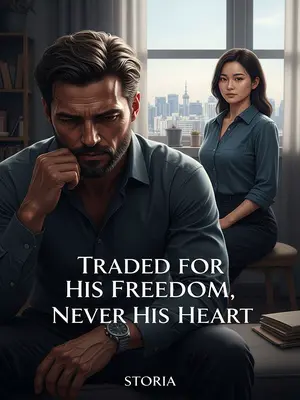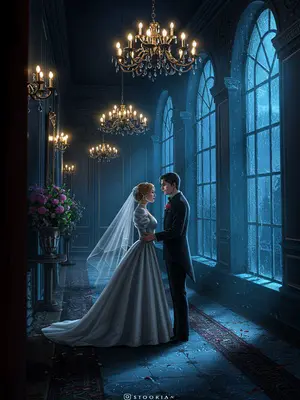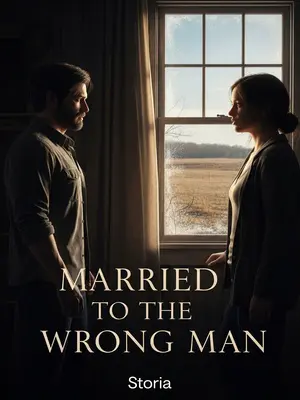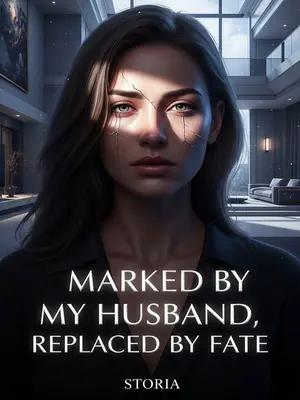Chapter 2: Divorce Denied, Demands Made
Later that night, the driver opened the car door. Harrison got in, rolled down the window, his face icy.
The city lights flickered on his cheekbones, making him look almost unreal. He didn’t say anything at first. Just stared straight ahead, jaw clenched.
“And why do you think it wouldn’t affect me, Mrs. Whitmore?”
His voice was low, almost dangerous. For the first time, I heard something real in it—hurt, maybe, or anger.
I was barely home when my phone rang—it was Harrison’s mother.
My stomach twisted as I answered, bracing myself. For whatever was coming.
“You want a divorce?”
Her tone was icy, clipped. Harrison had actually told on me.
I watched the car disappear and answered. “Mm.”
The cold wind bit at my cheeks, but I barely felt it. I stared at the tail lights disappearing down the street, wondering if I’d ever see him again.
“Did the Whitmores wrong you?” Harrison’s mother was always composed. Like Harrison, her voice barely showed any emotion, making her impossible to read.
She was the kind of woman who never let her guard down, not even with family. I wondered if she’d ever cried, or if she’d just been born that way—untouchable.
“Mom, my marriage with Harrison was ridiculous from the start. He’s fine now.”
I tried to keep my voice steady, but it cracked on the last word. I hated how vulnerable I sounded.
All because of one sentence from a spiritualist.
It all felt so arbitrary, like my whole life had been decided by someone else’s superstition. I wanted to scream, but all I could do was stand there, shivering.
The day of the wedding, we were in a hospital room. Harrison hadn’t even woken up.
There were no flowers, no music, just the beep of machines and the smell of disinfectant. I wore a white dress, but it felt more like a shroud.
A month into the marriage, I was helping him wash up. He grabbed my hand. “Get out!”
His voice was hoarse, barely more than a whisper, but the anger in his eyes was unmistakable. I froze, soap suds dripping down my wrists.
His mother had to explain it to him before he let me help again.
She stood in the doorway, her arms crossed. He didn’t look at me, but he didn’t protest when I guided him to the sink.
Three years of checkups—nothing wrong.
The doctors ran every test they could think of—MRIs, bloodwork, cognitive assessments. Every time, the results came back normal. But his mother refused to believe it was just luck.
But his mother stubbornly believed he woke up because of me. I never corrected her. What was the point?
“Autumn, there’s never been a divorce in the Whitmore family.”
Her words landed like a gavel. In her world, divorce was worse than failure.
“If you’re upset about those twenty-minute meals, I’ll tell him to make it thirty.”
She said it like she was offering a real solution, as if a few extra minutes would fix everything. I almost laughed.
Everyone knew that eating with Harrison was just another task to him. Even meals were penciled in between meetings and conference calls.
I laughed, my eyes stinging. The sound surprised me—sharp and brittle, like glass breaking.
Hearing me laugh, Harrison’s mother finally sounded a little angry. Her voice sharpened, the mask slipping just a little. “Fine, you can divorce—but give Harrison a child first.”
“So he can be your next lucky charm?”
I couldn’t help myself—the words slipped out before I could stop them. For once, I wanted her to hear how ridiculous it all sounded.
She hung up. I held my phone and let out a deep breath in the cold wind. No goodbye.
